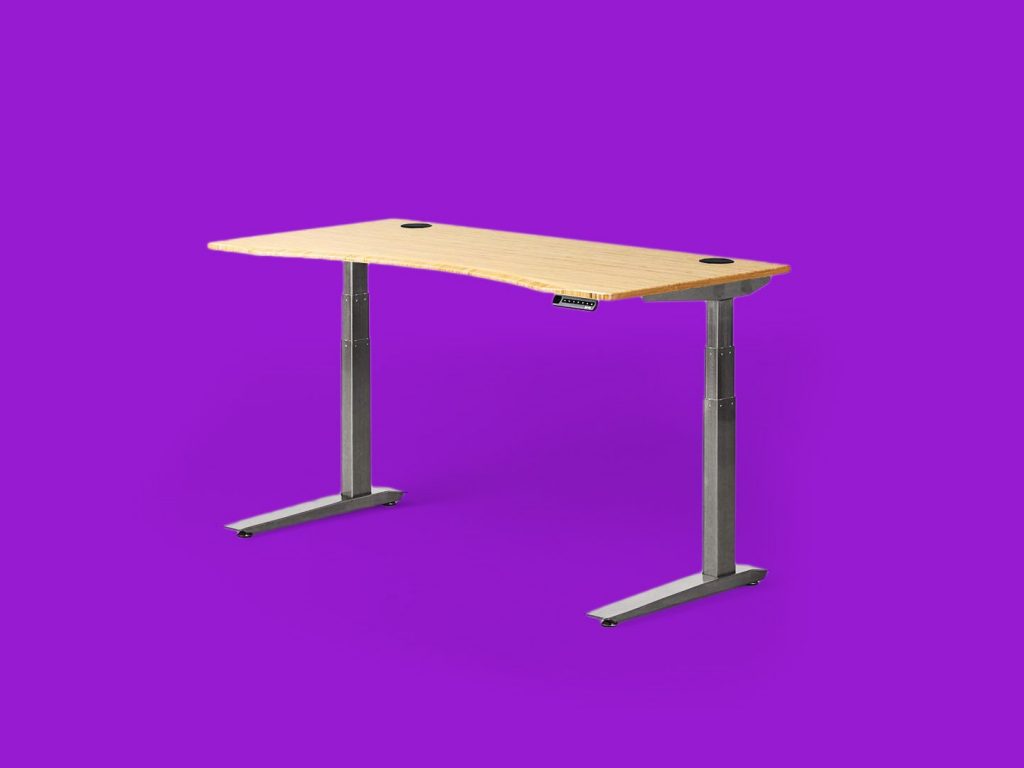Working from home has many benefits, but you may encounter some hurdles along the way, so you must know what you are getting into before taking the plunge. If you have decided that having a space in your home is the best choice for your situation, then spending a bit of time planning things out should reduce the number of issues that you come across.
To make things a little easier for you, we have put together a list of 6 things to consider when creating a home office. These should hopefully help you when the time comes.
How much space do you need?

When working from home, you need to consider how much space you realistically need. If, for example, you intend to work from a spare bedroom in your home, you may find out very quickly that you don’t have enough room to store everything you need to function properly. You should also consider whether you intend to expand your business at any point in the not too distant future. It may only be you working there now, but if you take on one or two staff, will the space you intend using be big enough?
If the answer is no, then it may be worthwhile looking into whether it would be feasible to either extend your home or build a dedicated office space in your existing plot boundaries. If this is something you are considering, a firm of professional engineers and an architectural specialist should be able to guide you and let you know the options that may be viable based on your ground conditions the layout of your existing home.
What facilities will you need?

Being prepared will make a vast difference in how successful working from home is, so it’s important to know what facilities you will need before you start. Most office spaces have a printer, scanner, and copying facilities, as well as a range of phone and IT equipment. If you need these to work to maximum efficiency, then make arrangements to have them put in place asap.
Office machinery, laptops, and phones can be pretty costly so if it’s not an outlay you can afford straight away, look into whether renting would be a more cost-effective alternative in the interim. You may even decide that a home printer and scanner are sufficient for your needs for the time being. Be realistic about what is affordable and take it from there.
Choose furniture wisely
Every square inch of your home office is valuable space, so make sure you use it wisely. When buying furniture, try and go for multifunctional pieces. For example, a filing cabinet with expandable storage or a desk with an array of built-in drawers will reduce the need for extra furniture and ensure that your office remains uncluttered. Furniture with lots of integrated storage is the way to go, particularly for smaller spaces. If you are short of floor space, don’t forget that you can use the wall space too. Shelving is a great way to keep things off the floor and could generate double the amount of storage space for your office.
Office layout and functionality
Drawing a rough plan of your space and where everything will go is a good idea. Try to locate your desk in a location that will provide as much natural light as possible. If this isn’t feasible, lots of lighting and some daylight imitating lightbulbs will help to ensure that you aren’t straining your eyes when working. If you use a printer regularly, locate it close to hand. If you are busy, the last thing you will want to do is to have to get up every two minutes to fetch something from the printer.
You are likely to be working in a smaller space than you may typically be used to, so keeping things tidy and organized is a must. Desk organizers are a great way to keep things clean and clutter-free, and it’s also worth putting together some form of recycling system to avoid your office becoming packed with unwanted papers and rubbish.
Develop some good housekeeping routines from the outset, and it should help you to maintain an organized, efficient, and functional home office space.
Work-life balance
Working from a home office has some great benefits, one of the main ones being that you no longer have any commuting time. Your days of being stuck in never-ending traffic jams or spending hours behind the wheel in rush hour will be over forever. While this may come as a welcomed relief, you must try and maintain a reasonable work-life balance.
When your office is just down the hall or in the next room, it is easy for the lines between home and work to become blurred. Before you know it, you are spending every evening working or disrupting family time to make a call or send an email. Be aware that this is a common issue and try to maintain a structure if you can. Working to develop your business or pursue your goals is great but make sure it’s not at the detriment of your family life. Believe it or not, many marriages have broken down for this very reason, so go into this with your eyes open and don’t become a statistic.
Make sure you have adequate insurance
You will no doubt already have buildings and contents insurance to cover the structure of your home or your contents being damaged. When you start working from home, you must tell your insurance company as if you fail to do so, any future claim that you make could be refused.
Your company assets and belongings may need to be covered under a separate policy or changes made to your existing cover, so be sure to tell your insurance company your intentions. If something happens to your property you could lose everything and may not be able to claim, so don’t take any chances.